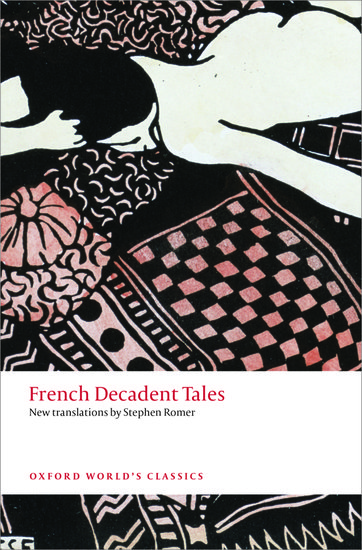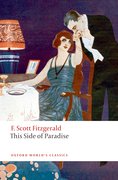By Alice Northover
April 23rd has a touch of madness for those in book publishing. It is cause for not just one celebration, but several. It is World Book Night, an annual exchange to spread the love of reading; World Book and Copyright Day as organized by UNESCO to promote both reading and the preservation of authors’ intellectual property (take note plagiarists and book thieves!); the Death day of both the Bard himself, William Shakespeare, and el manco de Lepanto, Miguel de Cervantes, in 1616; the probable Birthday of William Shakespeare in 1564 (his baptism was the 26th of April and baptisms were traditionally held three days after birth); International Pixel-Stained Technopeasant Day, which celebrates the work of science fiction and fantasy authors and encourages the free availability of their great work online (by their own choice, not against their wishes); and finally La Diada de Sant Jordi.








